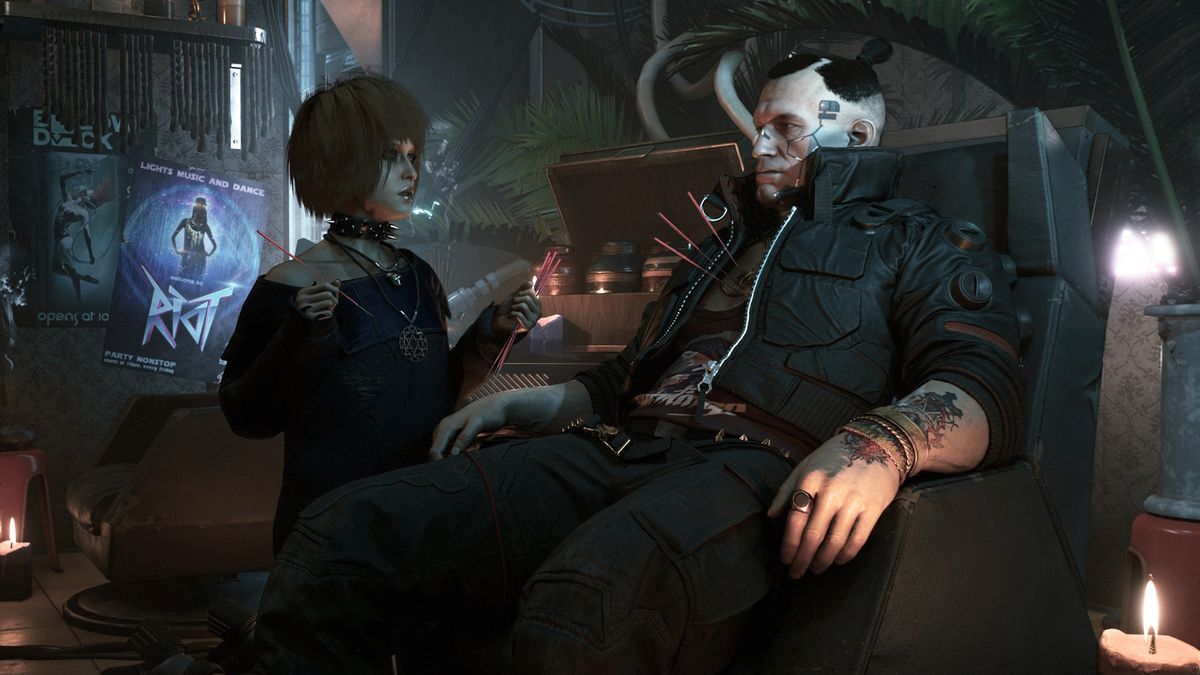If you read carefully this is actually very similar to the Steam news. I doubt Valve or GOG care, but generally the games are “sold” by the publisher as non transferable licenses for you to play them. So the part that matters isn’t up to them.
The fishy part is the “taking in account the EULA” since EULAs are not legally valid documents in most of the World.
Licenses explicitly accepted by the buyer before the purchase, sure, EULAs, no, since they’re treated as an attempt to, after the implied contract which is the sale, unilaterally change the contract.
The court order makes some sense because that’s basically to do with inheritance and who gets to inherit what, but the EULA “consideration” is complete total bollocks.
My ghost will haunt GoG’s corporate offices until they relent and transfer my games to the person who’s name I keep creepily spelling with frost on their mirrors & windows.
So long as I can prove I’m dead? I’m now going to add it to my will that my inheritees must yeet my corpse at GoG’s office door.
The title is wrong. It’s not about proving that the owner is dead (which is easy, you get a death certificate when a relative dies).
It’s about proving that the person requesting access of the dead person account is actually the person legally receiving the dead person’s possessions (or GOG account specifically).



